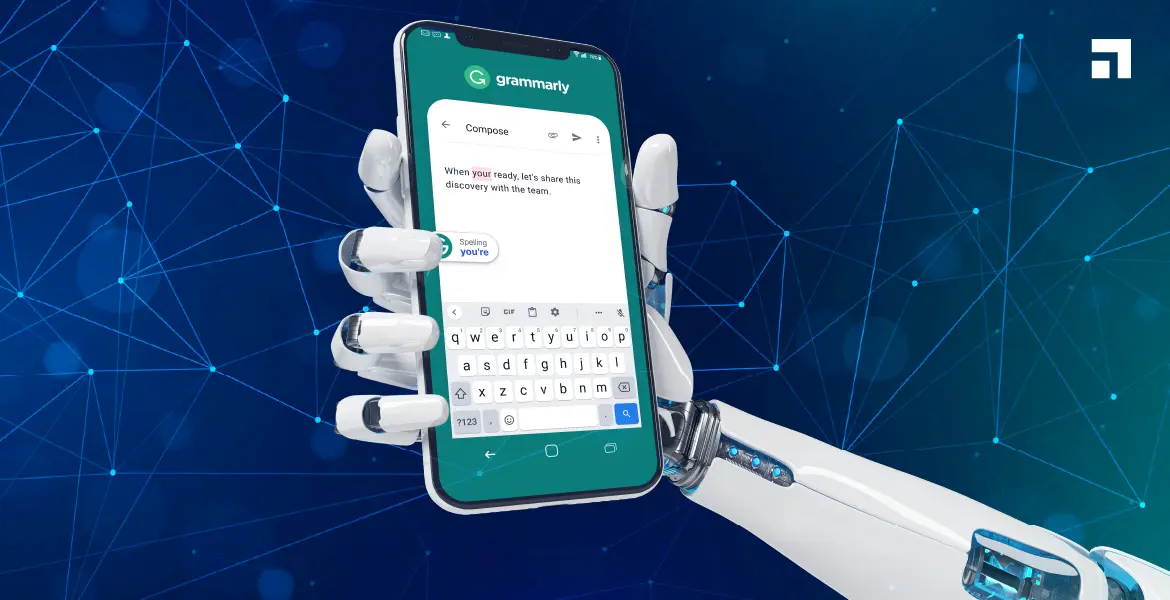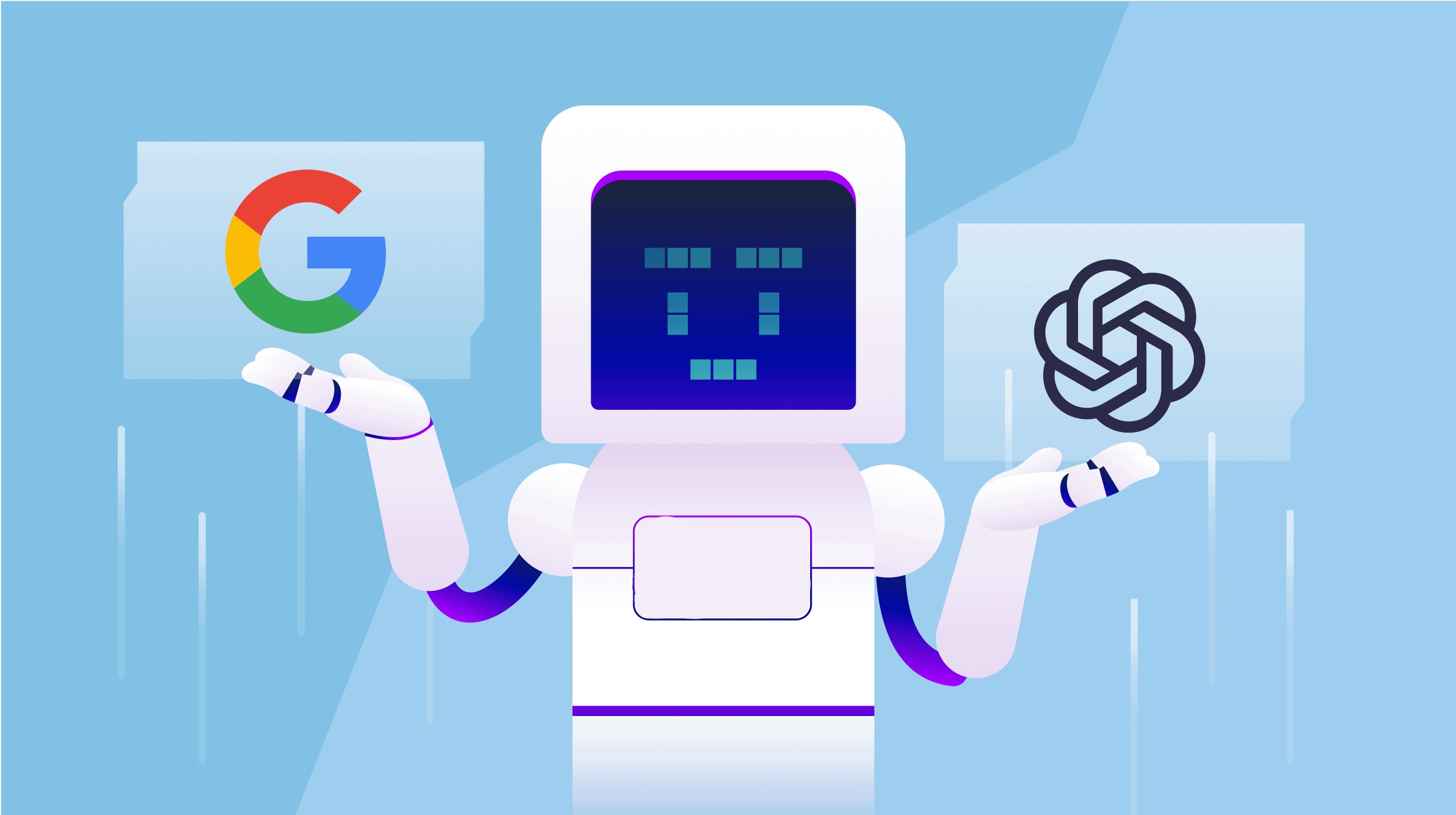
Grammarly + Consensus AI
Do you want to write better emails, reports, and essays avoiding embarrassing grammatical mistakes? Then this immersive Grammarly course is for you. In this course, we will learn how to use this powerful writing tool to write more clearly and effectively. You will learn how to use Grammarly in different scenarios and how to use this powerful AI-powered tool to enhance style, tone, and clarity in your writing. Then, we will learn how to refine sentence structure, eliminate redundancy, and improve coherence and flow. Whether you’re a student, professional or a casual writer – this Grammarly course will help enhance your writing and make it more engaging, concise and meaningful.
This course, Consensus, a key concept in decision-making processes enables groups or teams to reach an agreement that all participants can support. Whether you’re involved in business, governance, or team projects, understanding how to achieve consensus is essential for fostering collaboration, unity, and effective decision-making.
This course covers the core principles of consensus, focusing on collaboration, compromise, and collective decision-making. You’ll learn techniques like active listening, valuing diverse opinions, and fostering inclusive discussions. Additionally, you'll develop skills to encourage participation, find common ground, and navigate negotiation and conflict resolution to achieve consensus.
By the end of the course, you will have a thorough understanding of consensus as a decision-making tool and how to apply it in diverse contexts, from business meetings to community organizations. You’ll be able to lead groups with confidence, knowing how to bring people together to find solutions that reflect collective agreement.
Frequently Asked Questions
Yes, Grammarly is a Tech Company Grammarly is a tech company specializing in cloud-based writing assistance powered by artificial intelligence (AI).
Grammarly and ChatGPT are both powerful tools, but they cater to different needs.
Grammarly, in its current iteration, likely cannot directly detect text written by ChatGPT or any other specific AI writing tool. Grammarly's primary function is to analyze grammar, spelling, punctuation, and sentence structure. It doesn't inherently track the origin of the text.
Grammarly's effectiveness hinges on a combination of advanced technologies, primarily centered around Artificial Intelligence (AI) and Natural Language Processing (NLP).
No, Grammarly is not owned by Google. Grammarly is an independent company with its headquarters in San Francisco, California. It was founded in 2009 by Alex Shevchenko, Max Lytvyn, and Dmytro Lider, all originally from Ukraine.
Yes, Grammarly heavily relies on Artificial Intelligence (AI) to power its grammar checking, writing suggestions, and other features.
Grammarly's functionality relies on a team effort, not a single programmer.
No, Microsoft has not acquired Grammarly.
Grammarly is a private company, meaning it's not obligated to disclose its financial information to the public. Unlike publicly traded companies, they are not required to file regular financial reports.
Grammarly itself isn't a language, it's a software tool. However, Grammarly is designed to work with text written in multiple languages.
Consensus fosters collaboration, unity, and commitment. It ensures that all voices are heard, reducing resistance and increasing support for the decision, making it more effective and sustainable.
Unlike majority voting, which merely requires majority approval, consensus seeks agreement from all participants, emphasising communal input and minimising conflicts to ensure everyone agrees on the result.
Yes, consensus promotes negotiation and compromise, which allows opposing viewpoints to be addressed. The goal is to create a middle ground where everyone's ideas are considered, even if they are not completely agreed upon.
Facilitating consensus involves active listening, encouraging participation, recognizing differing opinions, and guiding the group toward solutions that align with common goals, ensuring everyone's voice is valued in the process.
Challenges include conflicting interests, power imbalances, and strong emotional reactions. Overcoming these requires patience, effective communication, and a commitment to collaboration and compromise to reach a common solution.
No, consensus may not always be possible, especially in situations with deeply conflicting interests. However, using techniques like mediation or negotiation can help to reach a satisfactory compromise.
The time required to reach consensus depends on the complexity of the issue and the group's dynamics. It can take from a few minutes to several hours or even days for complicated decisions.
Yes, consensus is highly effective in business settings for team projects, strategic decisions, and organizational changes, fostering collaboration, reducing conflict, and increasing employee buy-in for company-wide initiatives.
Effective consensus-building requires strong communication skills, active listening, empathy, negotiation, conflict resolution, and the ability to facilitate discussions that encourage equal participation and understanding from all members.
While both consensus and collaboration involve working together toward a common goal, consensus focuses specifically on achieving an agreement that all participants can support, whereas collaboration is more about joint effort and contribution.
Grammarly
1. Introduction to Grammarly
2. Grammar and Spelling Corrections
3. Style and Tone Adjustments
4. Plagiarism Checker
5. Integrations with Writing Platforms
6. Advanced Features and Customization
7. Review and Practical Applications
Consensus AI
- Unit 1: Introduction to Consensus
- Unit 2: Principles and Framework of Consensus
- Unit 3: Techniques for Effective Consensus Building
- Unit 4: Overcoming Challenges in Consensus Building
- Unit 5: Facilitating Consensus in Various Contexts
- Unit 6: Advanced Consensus Strategies
- Unit 7: Practical Application and Case Studies
- Unit 8: Conclusion and Certification





